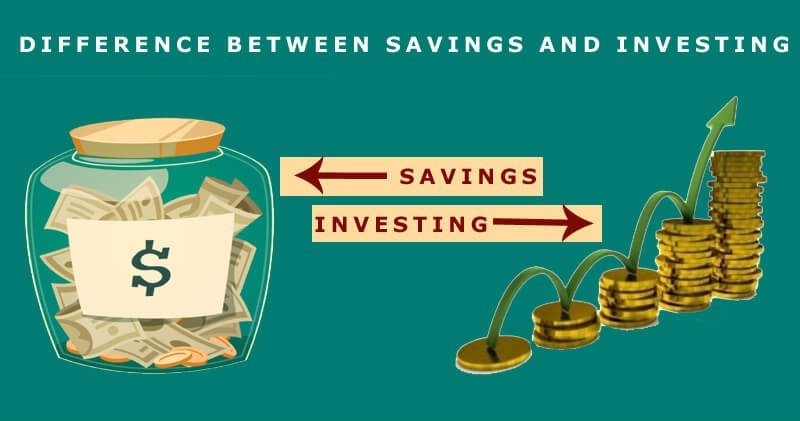Have you ever wondered what to do with your money? A financial advisor is the person in charge of helping you. Someone with exhaustive knowledge of finances and capable of finding the product that best suits your needs. Next, we will explain in detail what the functions of this financial coach are and what their day-to-day tasks are; so that you can encourage yourself to hire one, or know if you have the professional profile required to become one of them. 😉
What is a financial advisor: Definition
A financial advisor is a professional who helps manage the finances of a person or a company according to their income, assets and needs. That is, advisors manage financial operations on behalf of their clients. Therefore, in this profession perhaps more than in any other, it is crucial to know who the financial manager is charging for his services. A little further down we will see it in detail 👇
Difference between advisor and financial agent
The financial advisor should not be confused with the financial agent, who is defined by having a more global vision of the economy. That is, the function of an agent will be more similar to that of the expert, external and punctual financial consultant. An advisor has to do with periodic monitoring of the client’s objectives, and the ability to recommend among a series of financial products that he manages and knows.

How much does a financial advisor cost?
There is a belief that a financial advisor is a service only for high-net-worth individuals. But, in reality, it also offers a service to small savers. In fact, every time we contract a product at the bank we are paying a small percentage for contracting the service. For example, if you have taken out a mortgage, you can ask your entity how much a mortgage advisor charges.
Since 2018, with the implementation of MiFID II, the bank will be forced to inform you how much money it has earned offering you its services during that year. Even if you hire an online financial advisor or robo-advisor, they will keep a percentage.
They must also comply with transparency regulations, informing you how much commission their financial advisors charge, and where they get it from. As well as the percentage of cost that corresponds to each of its financial commercial advisory services.
Historically, this has been the form of payment for financial advisors, so-called retrocessions (also prohibited with MiFID II). Because, like any other profession, there is no free financial advisors.
In other words, banking entities must specify whether they accept the work of dependent or independent advice.
To carry out professional advisory work, it should be an independent financial advisor. That is, it has no other source of income than what it collects from the client.
And, in the case of dependent advisors, they are subject to the bank’s requirements (to its product offering and commercial objectives that are imposed) and their advice may be affected by conflicts of interest. Although this new transparency law tries to alleviate precisely that.
Functions of a financial advisor
What does a financial advisor do? There are several aspects in which a financial business advisor can help you. Depending on whether you are a company or you apply to manage your finances, these are the functions of a financial advisor:
Functions of an advisor in a company
- Increase cash flow. A financial advisor must look for new tools and strategies to increase the company’s capital
- It acts as a guide for making investment decisions for the company. Using his knowledge in finance and markets as a basis
- Advise the company’s profits to, for example, have a retirement supplement
Functions of a commercial advisor in a bank
- Establish commercial relationships with clients, with products adapted to their risk profile
- Seek new opportunities in the management of funds marketed by the Bank
Duties of an independent financial advisor
The independent financial advisor, unlike the commercial or dependent one, does not charge commissions for the products he sells, but rather receives a fixed salary from the client he advises.
This is why it is always recommended to hire an independent financial advisor, although it is normally a service offered to high-net-worth individuals.
However, thanks to the new MiFID II regulations, the focus is being placed on avoiding conflicts of interest. There is a greater demand for transparency in the operations carried out by the bank. Constant communication is required for the client so that they can see where their advisor gets their commissions from if they are dependent.
The trend, therefore, is to bring the figure of the independent professional closer to any type of public. Although for this to be possible it will take, among other things, a lot of financial education.
The functions of the independent financial professional are:
- Accompany the client in their investment decisions
- Help you achieve your financial goals
- Offer you financial products adapted to your risk profile
How to be a financial advisor: qualities and requirements

A financial analyst must have qualities from the field of Psychology and Finance. On the one hand, he has to be able to determine the investor’s risk profile (probably the most important thing when starting an advisory plan) and be able to accompany him in times of crisis.
If your qualities include: staying calm in times of pressure, being empathetic, and you like the idea of being a financial coach , congratulations! You may have just found your profession . 🙂
Conclusion: Why you need a certified financial advisor
A certified financial advisor is the person who will help you achieve your financial goals. To manage your savings and be able to earn more money in the future.
This is not someone who “sells” your products but advises you to find which ones best fit your needs and profile. Set a goal and begin the journey towards financial freedom!



